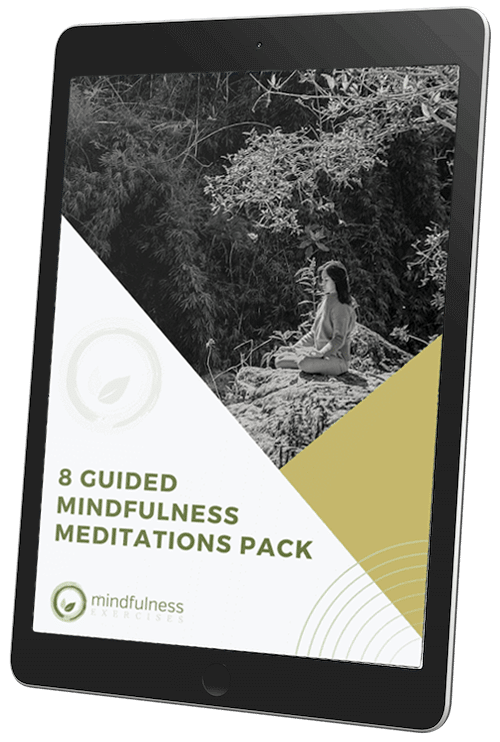Ram Dass and Eckhart Tolle get together for the first time on the same stage to talk about spiritual awakening as well as the transformation of consciousness.
Published on May 19, 2014
An evening with Ram Dass and Eckhart Tolle – these two teachers engage in an open conversation about spiritual awakening and the transformation of consciousness, October 28, 2011 in Maui, HI.
—
Transcript:
Welcome, everybody. Welcome everyone here with us in ___, as well as people tuning in live to this broadcast. To say, a special, historic moment, the first time that Ram Dass and Eckhart Tolle have ever been on stage together. This is a whole lot of now. Do you here now? And the power of now? Two books that each perhaps more than any other two books published influenced hundreds of thousands and continue to influence hundreds of thousands of people and introduce them to ___ away to the present moment and what we have now and now together, there’s a type of multiplication, I think, or experience together here.
I’d ask everybody to listen with the ear of your heart. Sometimes, Eckhart asks people to listen to the space between the words that that’s where the real impact often can be found. Not just in the conceptual messaging, but in the space. And listening with the ear of our heart is a similar type of listening. As many of you know, I’m sure most of you know, Ram Dass, as he puts it was stroked by God in 1998, and so his speech can be quite slow on occasion, and I think if we listen with the ear of our heart, we’ll be tuning in to what’s essential.
So, to begin with, talking about the heart—I really want to start right off, right here at the beginning to ask Eckhart and Ram Dass to speak some about love as another word for now. Is it another word for now? Is it a feeling? Dimension? …of the now? I mean, Eckhart, you so often speak of stillness. It has a different flavor than love, at least in my experience. So, love as the feeling dimension of the now.
I use the word sparingly. There are certain misconceptions around love, because there’s so many different types of love. It’s sometimes hard to get away from the idea that love is some kind of ___. I love this. And in the Spanish language, the usual expression for “I love you” means “I want you.” And that’s very true in romantic love. You want the other person. And as ___ who said it in true love, you want the other person’s good. In romantic love, you want the other person. And so other languages have different words for love to distinguish between the emotional wanting and something deeper—agape, meta and so on. The Dalai Lama says, my religion is kindness. He uses that word—kindness. So this word points to something. Points to something within you, and essence from where you perceive and interact with the outside world in a very different way from the usual mental, mentalized, conceptualized perception of reality around you including other human beings. The usual way to relate for people who have not awakened to this deeper level that I often called “essence” or your “essence identity.” The usual way is to relate to other human beings through mental concepts or judgments. They become the veil that comes in between you and your perception of reality. And awakening is to become free of the compulsive—the compulsion to judge continuously, to interpret continuously, to label and name continuously, what surrounds you and to whoever you are with. And when that compulsion to label everything mentally, the conceptualized reality, when that subsides, and that subsides when presence arises. Then, there is when you sense something in whatever you perceive that is a kind of recognition whether it’s a human being, or whether it’s any other being, natural, a tree, or an animal—you recognize something in the other that before when you were naming and labeling, you couldn’t. When you are naming and labeling, the other was always the other. And nature also does conceptualized. Especially human beings become conceptualized and that the other. In the egoic state, the ego actually emphasizes the otherness of others by continuously criticizing, judging, have opinions, and mistaking every view point for the truth. Every thought that comes in—that’s how he is, that’s how she is. And so there can be no laugh there although that’s egoic entity sometimes talks about love. Or it says, you need to love your neighbor as yourself, it says. I’m trying very hard, and that phrase comes of course from Jesus. Said, love your neighbor as yourself, which really means, you recognize your neighbor, the other, as yourself. And that recognition, that sensing, when you look at another human being in the spaciousness is just this. That’s sometimes called the formless dimension. What you’re looking at is formed. What you’re looking at is the physical body. And also what you’re perceiving is the mental form, the psychological form of that person. If you go beyond form, what you perceive in the other, you sense through your own presence, the presence of the other, that’s which cannot be seen. It’s the essence of everything. If you have a, we have a little dog, that’s at the moment, we think ___, she will survive, she has a heart disease. When this dog dies, hopefully not for a while, all you’re left with is the fur, and the—what’s behind the fur, the bones, and the intestines and so on, the essence is no longer there. The essence of that being is no longer there. But when you look at that live dog, you can sense an essence of beingness, of the beingness in the other. Sometimes, it’s easier with animals than with humans, because what you have with humans is a lot of mental identifications. So you sense the beingness, because you sense your own beingness, and that’s the hard sometimes. I don’t use that very often, but you can call that perceiving from the heart. You use the word more often. Perceiving from the heart is when you perceive from the beingness. And then you sense the being ness of the other. And that recognition is the recognition of oneness. And that’s love.
—







